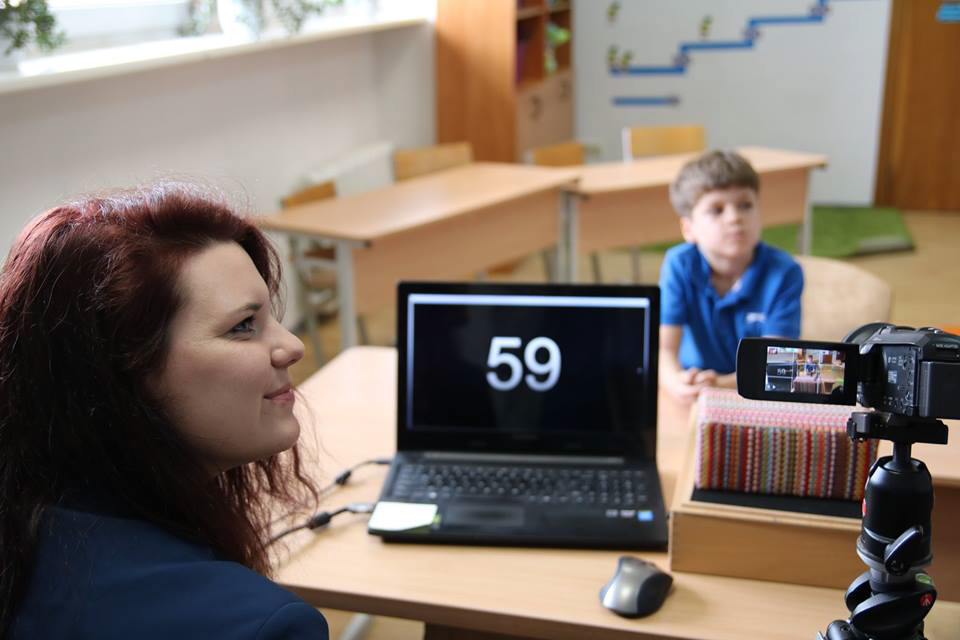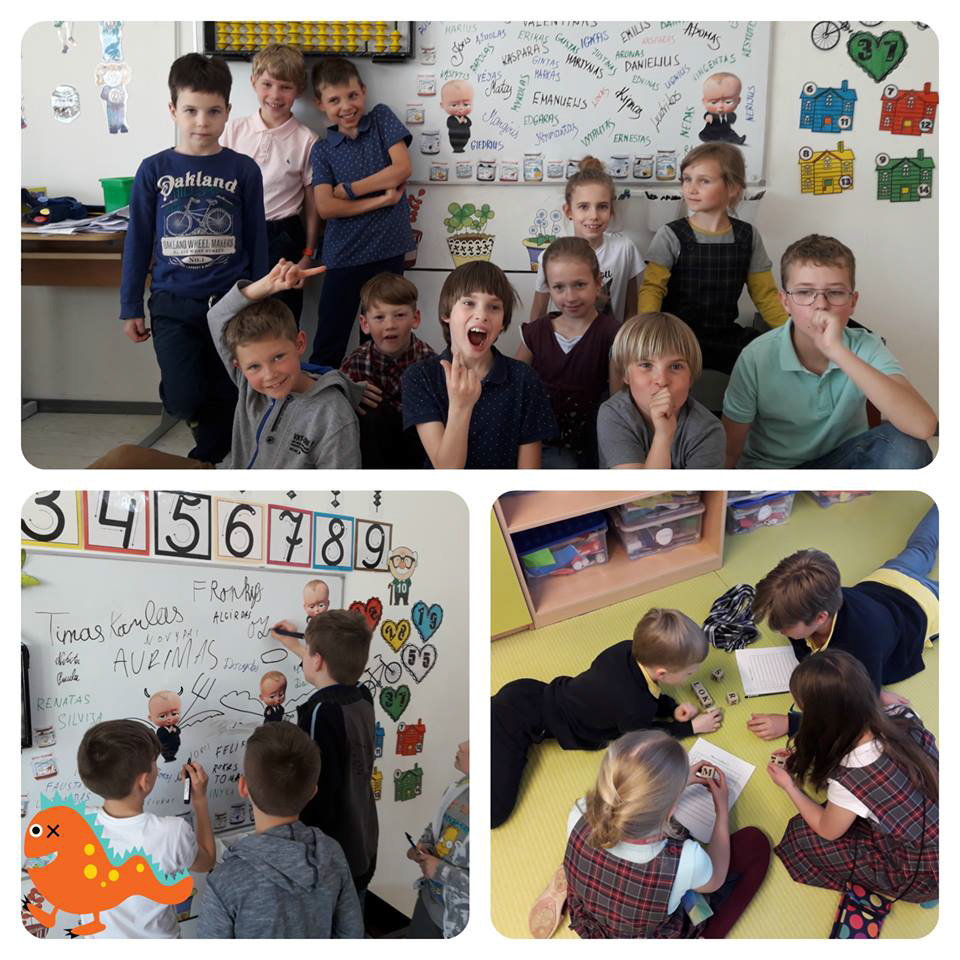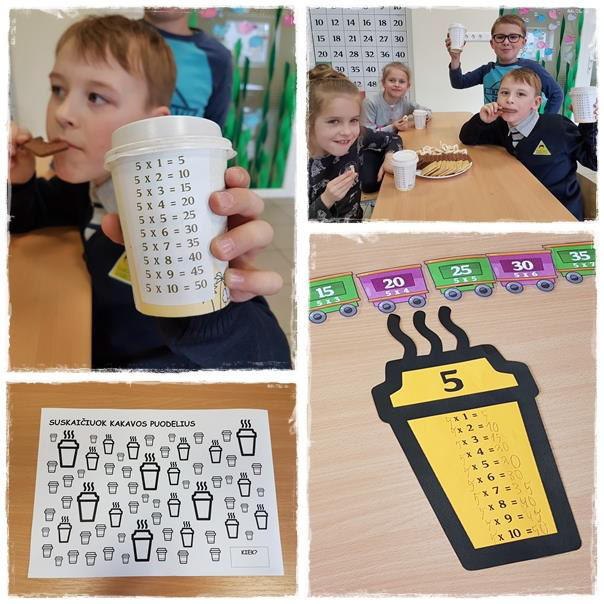The programme is for 4-12 years children.
The methodology is applied all over the world for more than 30 years.
Menar employs dual hand technique in manipulating abacus beads. Findings of scientific researches demonstrate that simultaneous stimulation of both left and right brain causes a balanced development in children’s mental capacity and increases their intellectual power and ability to solve complicated problems and improves their imagination, attention and concentration skills.
Our model is applied in modern centers equipped with products of latest global technology such as computers and audio-visual equipment. Menar Program motivates children with the principle “learn with fun” and presents a comprehensive mental arithmetic program with the following characteristics:
- Dual hand use: A balanced development with simultaneous stimulation of both right and left brain
- Relaxation exercises: Improvement of attention and focusing skills
- Speed work: Fast calculation skills
- Increasing hearing, calculation, memory and concentration skills
- Improvement of imagination and mental calculation skills
Menar presents a flexible program with meticulously designed materials based on the needs of students with an individualized approach that enables students to progress at their own pace.
Programme structure
The benefits of the programme:
- Flexible timetable
- Friendly, energetic, highly-qualified course instructors
- Small class sizes
- Up tempo, interactive learning environment
- Personal welcome and orientation session for parents
- Regular updates to parents on their child’s progress
- Certificates at the successful completion of each level
- Points awarded for student participation can be traded in for prizes
- Homework and drills to keep students sharp between classes (parental support and involvement at home is a key success factor in this program)
- Training Methods
Our whole-brain development program builds foundational capabilities through a series of in-class training activities conducted by our trained class instructors. The rigorous training techniques are based on pedagogical design by child development experts to ensure our students can benefit from and be successful in the program.
In order to make learning fun, participants are involved in performing fun tasks, various games and contests.
- The program improves math skills and promotes whole brain thinking through:
- Thinking in Pictures – Students boost memory power through visualization by holding numbers in their mind while handling the physical or mental Abacus.
- A Flash of Brilliance – Students create a mental image of the beads on their mental Abacus with the help of flash cards.
- The Need for Speed – Speed training encourages children to listen attentively and respond to questions quickly, sharpening their focus and concentration.
- Building Mathematical Concepts
- Manipulating the physical or virtual beads of the Abacus provides students with another frame of reference to learn mathematical concepts, such as:
- The base-ten number system
- Number concepts and numeric relationships
- Place values
- Carrying and borrowing
- Combinations and complements of numbers
Understanding math through the Abacus inspires new perspectives: children learn to subtract by adding; to multiply without multiplying; and to perform long division problems in their head faster than most people can add two numbers together. They can express large numbers simply, follow long streams of sums with ease and successfully incorporate compound numbers through the use of supplementary numbers for 5 and 10.
- What competences are developed?
Mental math is a building block for future success in all areas of study. Students learn to focus for sustained periods, to manage their time while completing long series of sums, to think in pictures, as well as, logically and to concentrate on more than one task at the same time while performing at a high standard. These are crucial life skills that students will use again and again. The program activates key cognitive functions such as memory, attention, perception, symbolic learning and reasoning.
- Multitasking
- Solving problems
- Identifying key information
- Time-Management
- Concentrating on complex instructions
- Imagining the Abacus in their visual memory (visualisation)
- Performing complex mathematical calculations
- Creativity
- Concentration
- Photographic memory
- Analytic thinking
- exceptional arithmetic and calculation ability
- powerful memory and observation skill
- higher IQ
- strong focusing and concentration
- rich creativity
- immense imagination
- Menar Abacus Mental Arithmetic Methodology
1 stage – ABACUS STAGE – children learn to use ABACUS, arithmetic calculations (addition, subtraction, multiplication and division). Different senses are being developed in this stage: touch, sight and hearing. Children learn to understand information obtained from all senses at the same time.
2 stage – Mental Arithmetic stage – children imagine abacus in their minds. Making arithmetic calculations they move fingers as if they moved numbers in abacus.
In order to start the Menar programme, a children has to know numbers from 0 to 9, understand their meaning and be able to write them.
- Programme
The programme last for 3 years, it is composed of 12 levels, 288 academic hours in total. The duration of 1 level – 24 academic hours.
Workshops are organised once or twice per week.
The first results become visible in level 3-4.
During the 1st year in Level 1 and 2 – addition and subtraction, Level 3 and 4 – skills of fast mental calculation are developed)
During the 2nd year (Levels 5-8) – multiplication and division, addition and subtraction are further developed with bigger numbers and in greater speed.
During the 3rd year (Levels 9-12) all skills are further developed and arithmetic problems are being solved.


